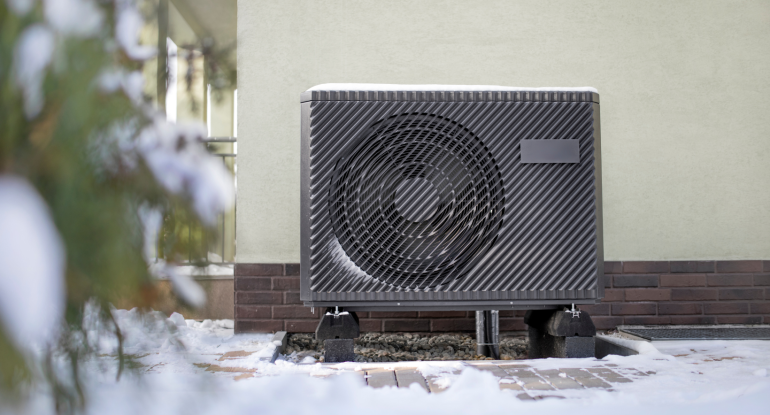Heat pumps have also been adopted in the commercial buildings as organizations look for effective and cost efficient ways of heating and cooling their premises. Since there are many categories of heat pumps, it is possible to consider what kind of differences exist and what advantages they have. This article thus aims to provide a comparison of the various types of heat pumps for commercial use in order to enable organizations to make adequate decisions.
Air-Source Heat Pumps
Of all the types of heat pumps, the air-source heat pumps are the most popular in commercial building applications. These systems use the surrounding air as the source of heat to be transferred indoors for heating or the source to expel for cooling. They are easy to install and are cheaper as compared to many other business structures thus are widely used. Air-source heat pumps are preferred by the heat pump companies due to their general suitability and high performance in environments with moderate temperatures.
Ground-Source (Geothermal) Heat Pumps
These types of systems include the ground-source heat pumps also called geothermal heat pumps, which use the constant temperatures of the earth. These systems are very efficient, operating costs are lower compared to air-source heat pumps. However, they need a large capital investment and space for ground loops. To companies with long-term outlook in their business, geothermal heat pumps are one of the best investments to make.
Water-Source Heat Pumps
Water-source heat pumps utilize water sources such as lakes, rivers, or wells as the refrigerant of the heat exchanger. These systems are very effective and can deliver constant heat and cool air throughout the year. They are most appropriate in big business premises close to a good source of water supply. WSHPs are also used in district heating and cooling systems where one heating and cooling plant supplies water to multiple structures.
Hybrid Heat Pumps
Air source and ground/water source heat pumps are types of heat pumps that use air but in combination with the ground or water respectively in order to increase efficiency and options. These systems can operate on one type of heat source and then shift to another when the other is available or when the demand is high. A hybrid heat pump system is suitable for organizations that want a combination of low cost, high efficiency, and environmental responsibility.
Cooling Heat Pumps
Most heat pumps offer the feature of cooling since they are not just heaters, but pumps that can use the refrigeration cycle to heat and cool. Sensible heat pumps are vital in commercial structures that need to maintain temperatures within the environments all year round. They can be easily incorporated with the existing HVAC systems providing efficient heating and cooling options. Working with the heat pump companies helps in acquiring the best quality cooling heat pumps that suit the commercial uses.
Therefore, selecting the most suitable heat pump for business use depends on some of the factors such as climate, size of the building and the amount of money that one is willing to spend. This paper aims at identifying the various types of heat pumps and the advantages that come with their use so that businesses can understand the various types and select the most appropriate for their businesses. Working with other heat pump companies means that the commercial buildings receive the best efficient, reliable, and sustainable heating and cooling services possible.











